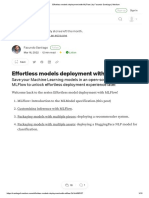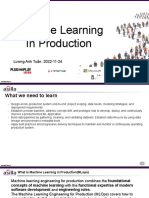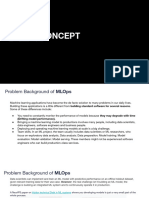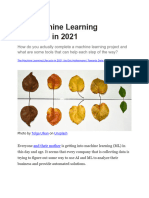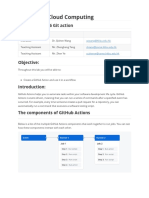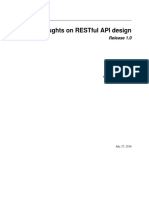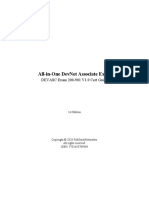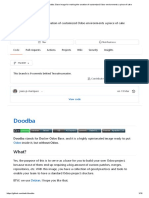0% found this document useful (0 votes)
27 views29 pagesMlflow Workshop Part 2
This document provides an overview of MLflow, focusing on its components such as Tracking, Projects, and Models, which facilitate the machine learning lifecycle. It emphasizes the importance of reproducibility in machine learning and outlines how MLflow helps package and manage data science code and models. Additionally, it includes examples and resources for further learning about MLflow functionalities and usage.
Uploaded by
Tuan Minh PhamCopyright
© © All Rights Reserved
We take content rights seriously. If you suspect this is your content, claim it here.
Available Formats
Download as PDF, TXT or read online on Scribd
0% found this document useful (0 votes)
27 views29 pagesMlflow Workshop Part 2
This document provides an overview of MLflow, focusing on its components such as Tracking, Projects, and Models, which facilitate the machine learning lifecycle. It emphasizes the importance of reproducibility in machine learning and outlines how MLflow helps package and manage data science code and models. Additionally, it includes examples and resources for further learning about MLflow functionalities and usage.
Uploaded by
Tuan Minh PhamCopyright
© © All Rights Reserved
We take content rights seriously. If you suspect this is your content, claim it here.
Available Formats
Download as PDF, TXT or read online on Scribd
/ 29









